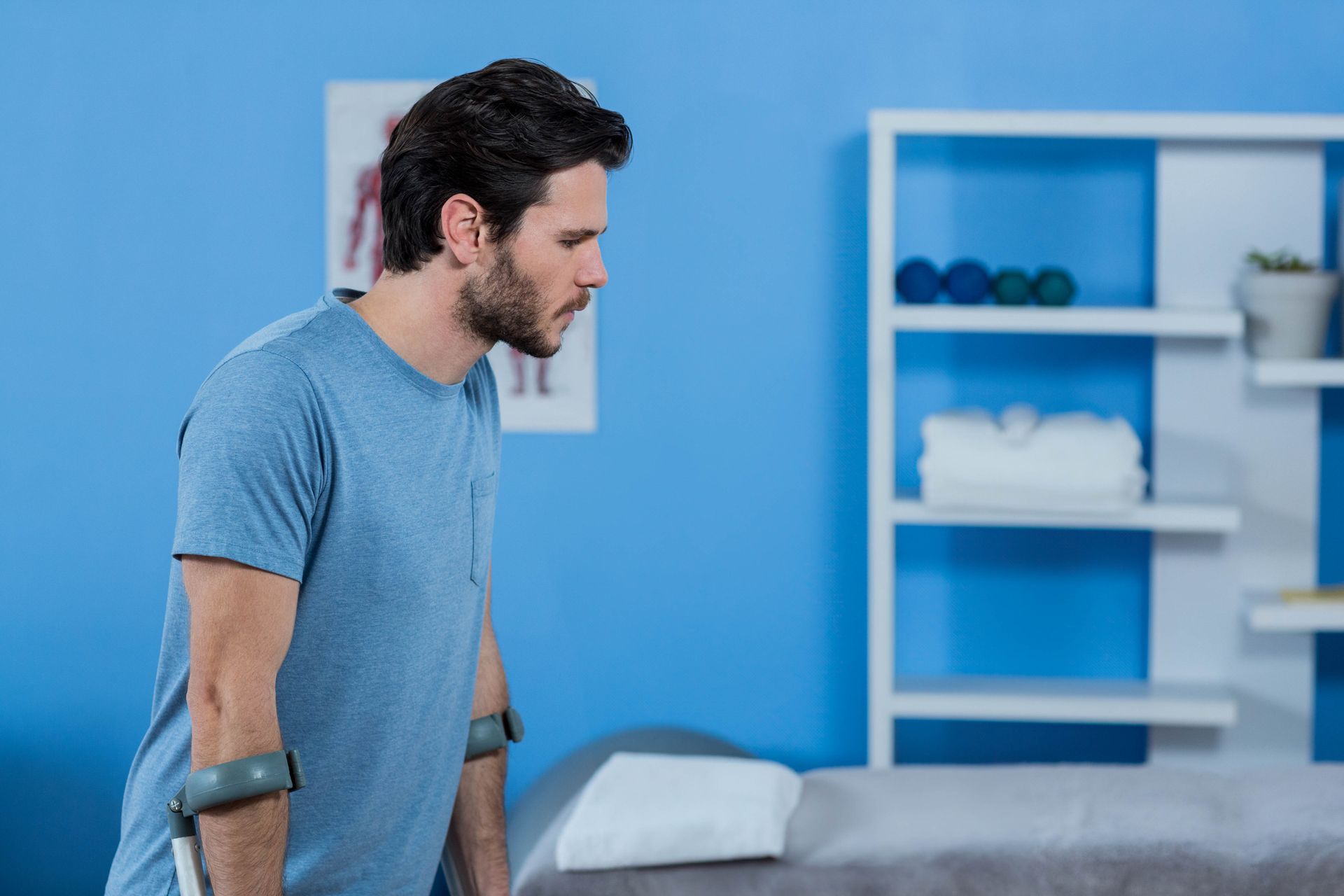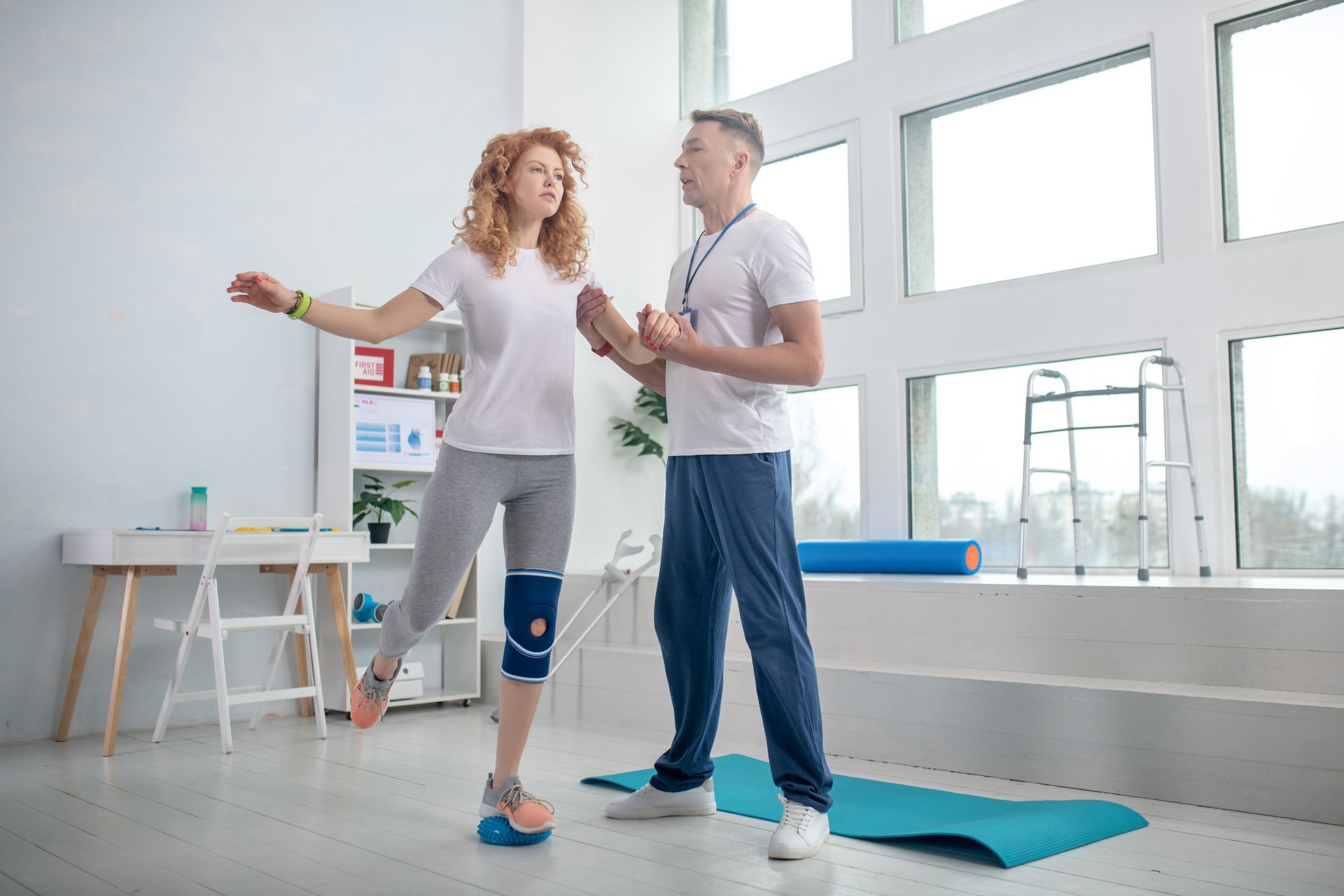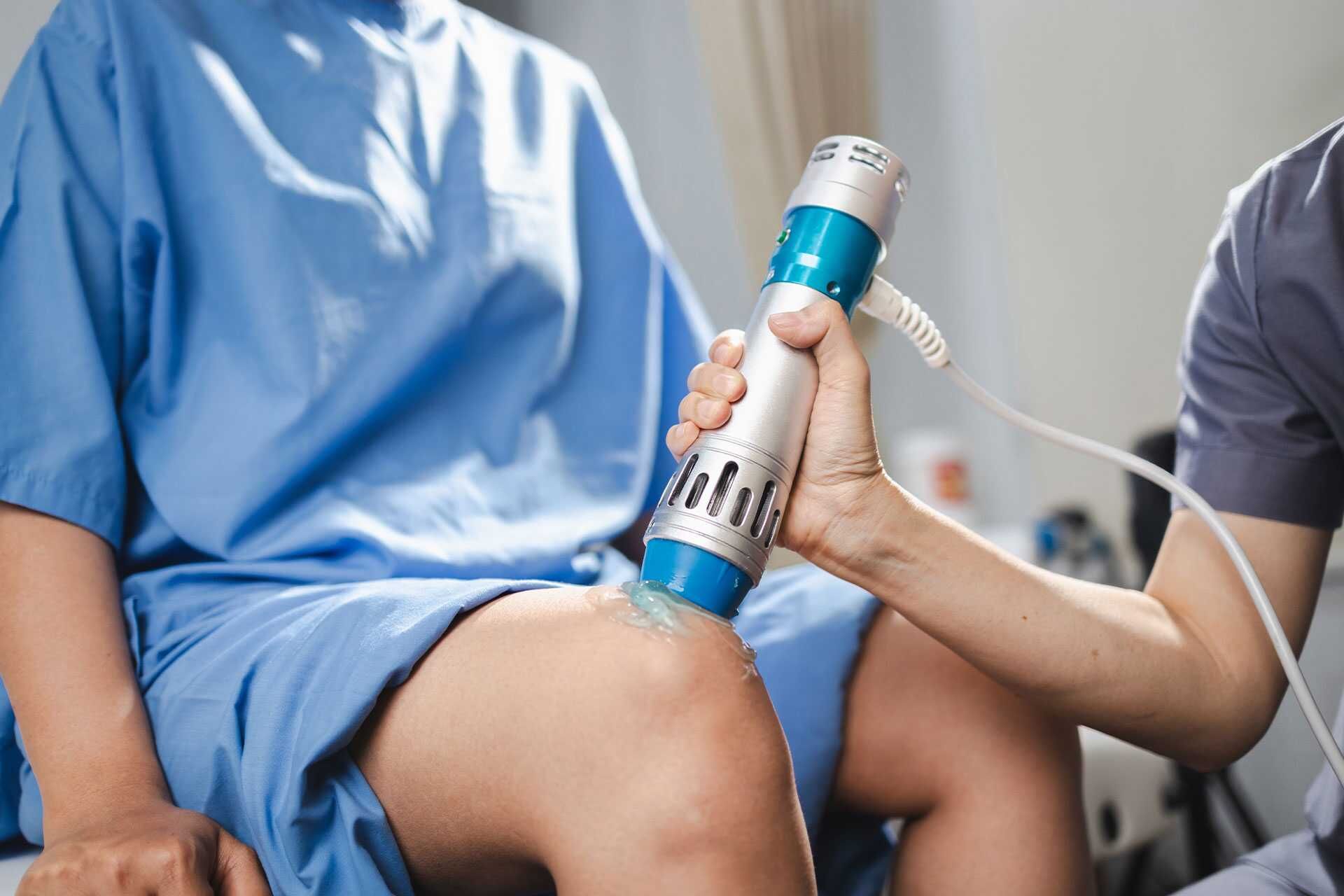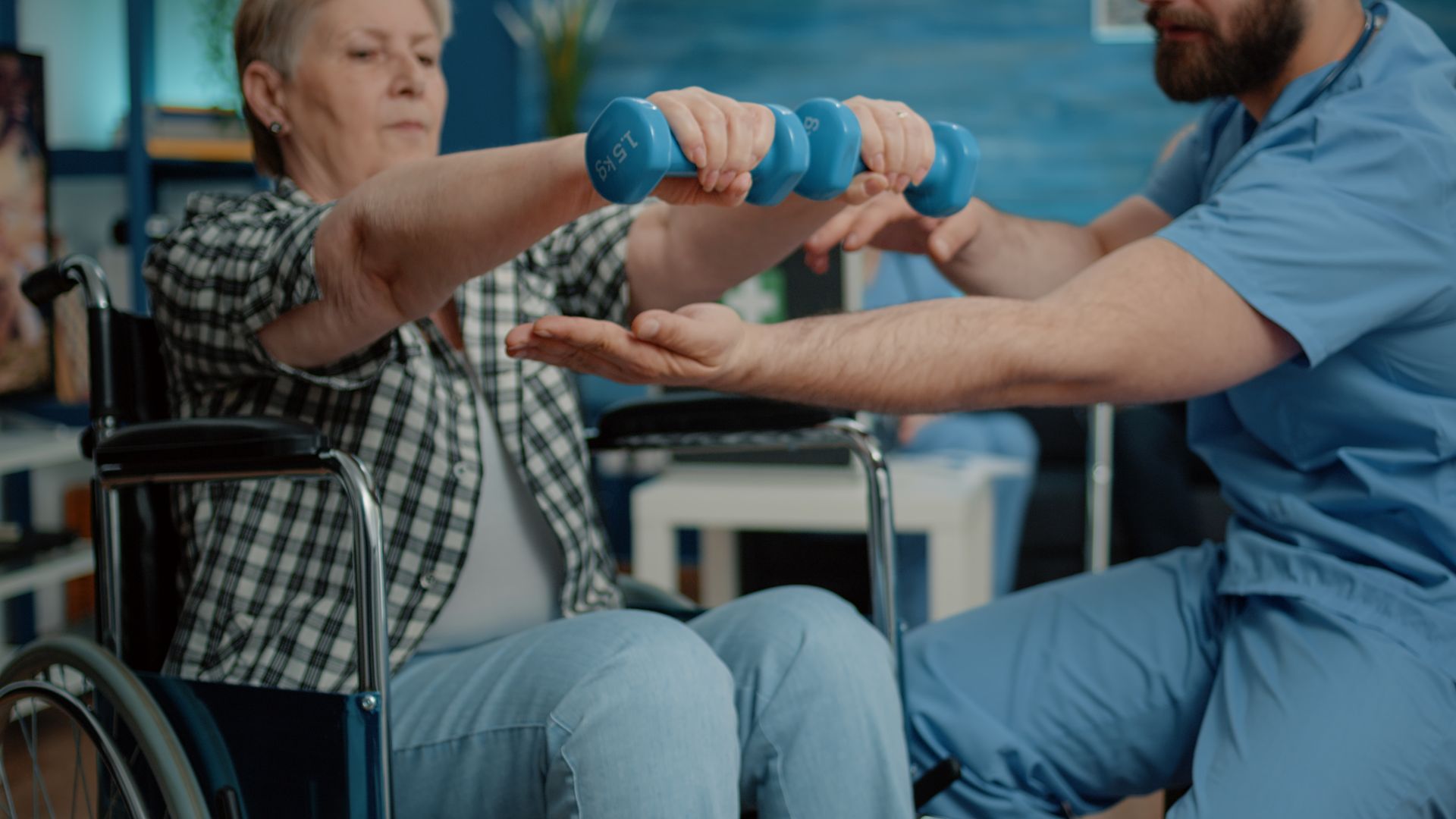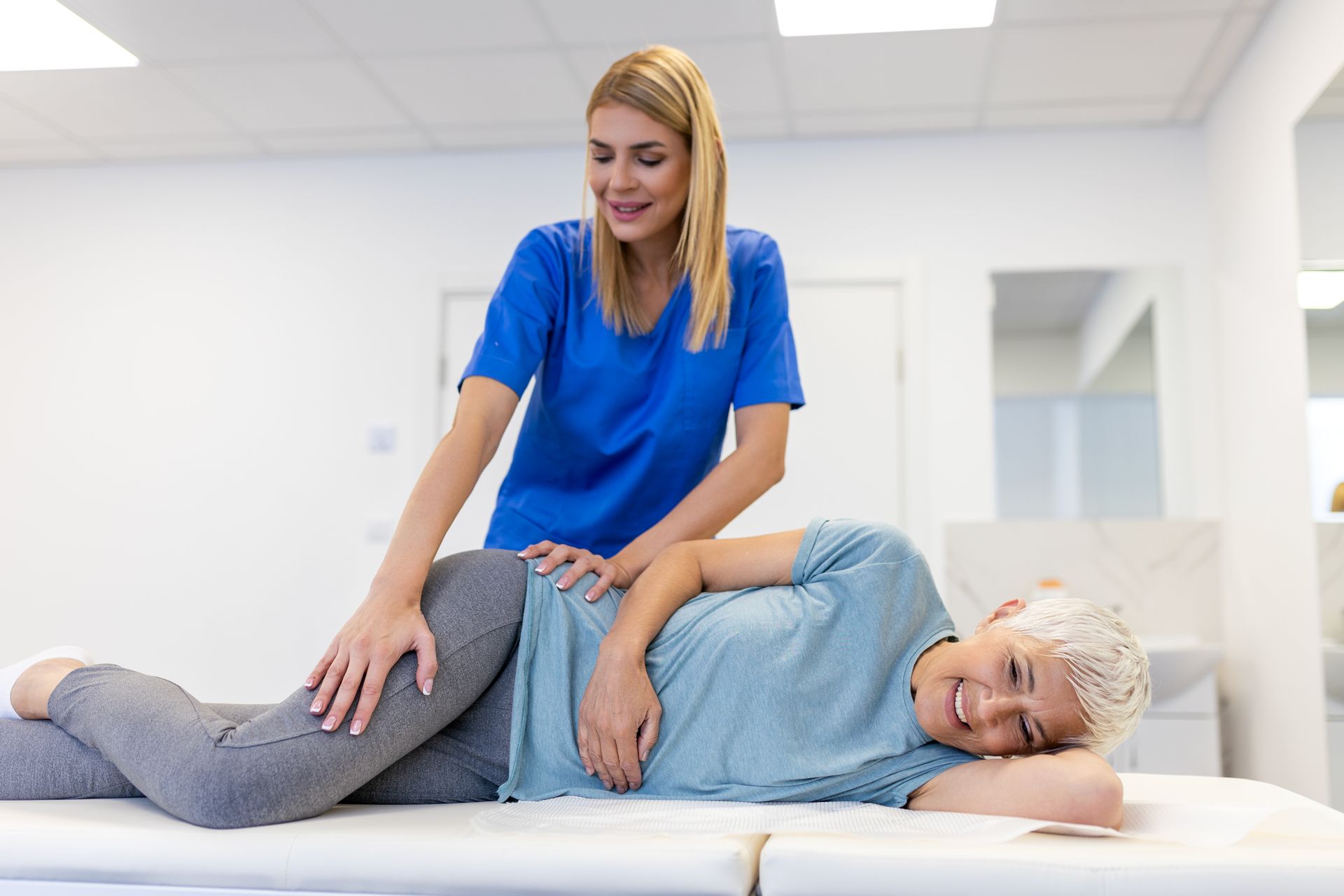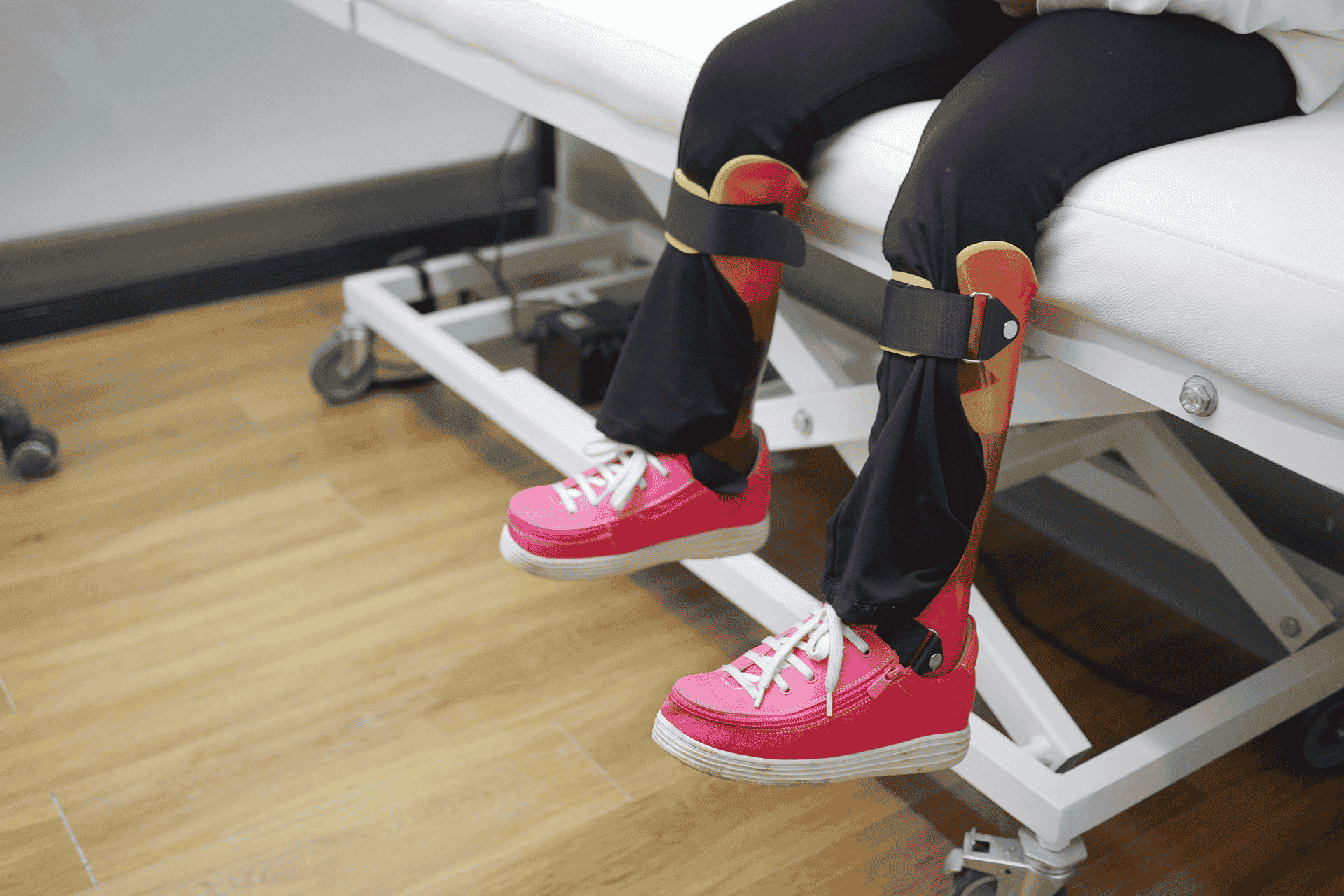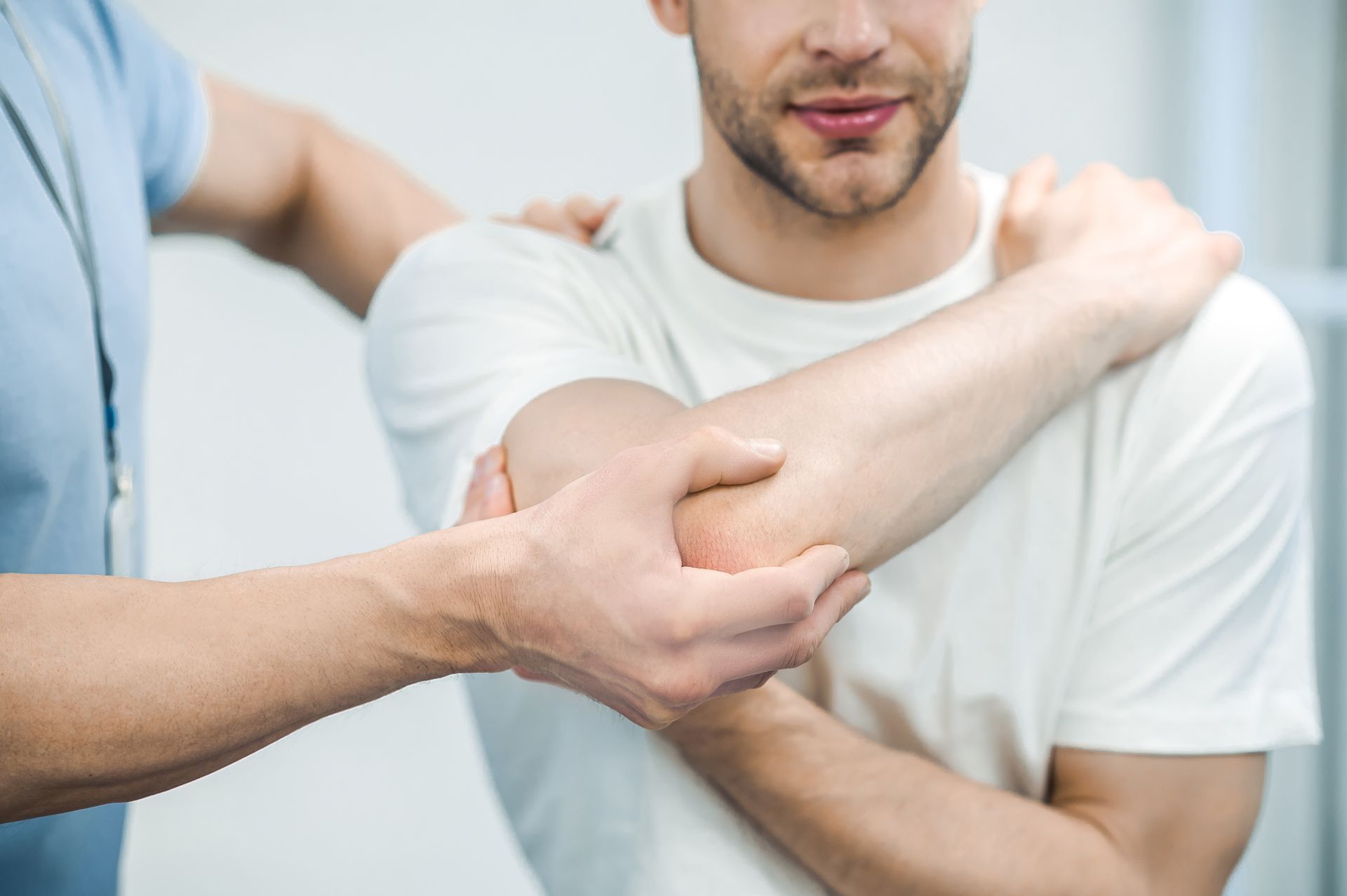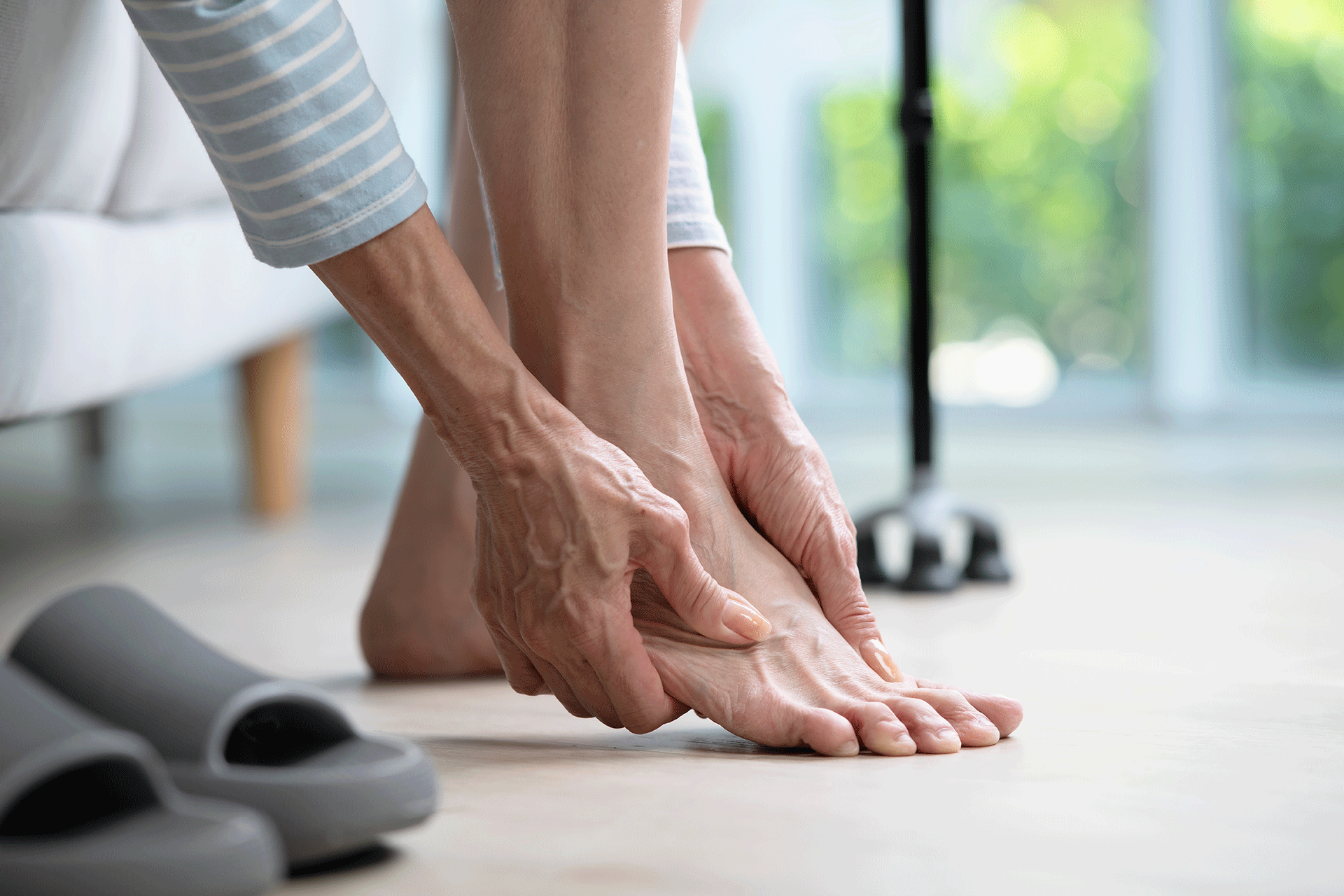Navigating Scoliosis
Empowering Knowledge and Care for a Curved Spine
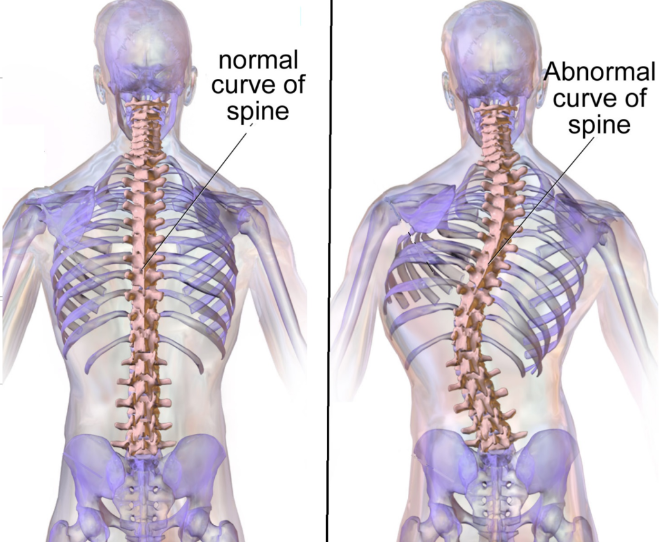
What is Scoliosis?
Scoliosis is a medical condition characterized by an abnormal curvature of the spine, often resembling an “S” or “C” shape. This condition can occur at any age but is most commonly diagnosed during the growth spurt just before puberty. While scoliosis can range from mild to severe, its progression can lead to discomfort, pain, and, in some cases, complications related to lung and heart function. Scoliosis can be diagnosed from an x-ray showing 10° of curvature. At Delta Physiotherapy and Rehab, we will also perform a postural analysis to determine what areas of the body are also being affected by the spinal curvature.
Symptoms of Scoliosis
The most noticeable symptom of scoliosis is an uneven alignment of the shoulders, waist, or hips. One shoulder blade may appear more prominent than the other, and the rib cage may also be uneven. In more severe cases, scoliosis can cause back pain and difficulty breathing due to reduced space in the chest for the lungs to expand.
Risk Factors
Scoliosis can affect people of all ages, but certain factors increase the risk. These include a family history of scoliosis, gender (females are more likely to develop severe cases), and age (it is often diagnosed in children between the ages of 10 and 15).
Types of Scoliosis
- Idiopathic Scoliosis: The most common type, idiopathic scoliosis, has no identifiable cause. It usually develops during adolescence and is more frequently seen in girls than boys.
- Congenital Scoliosis: This type occurs due to abnormal spinal development in the womb. It is present at birth and can range in severity based on the extent of the spinal abnormality.
- Neuromuscular Scoliosis: This type is associated with neuromuscular conditions such as cerebral palsy or muscular dystrophy. The uneven pull of muscles due to these conditions leads to a curvature of the spine.
How Physiotherapy Can Help
Physiotherapy plays a crucial role in managing scoliosis, particularly in mild to moderate cases. Tailored exercises help strengthen the muscles surrounding the spine, improve posture, and reduce pain. Physiotherapy can also help improve flexibility and mobility, making daily activities easier for those with scoliosis. In some cases, it can slow the progression of the curve, reducing the need for surgical intervention. At Delta Physiotherapy and Rehab, we use a combination of modalities to help reduce any pain associated with the condition. We will also provide you with a custom-made exercise program to help in correcting any muscle imbalances you may have.
Early diagnosis and a multidisciplinary approach, including physiotherapy, are essential for effective management of scoliosis, helping patients maintain a good quality of life. Book a free 15 minute consultation with us today at Delta Physiotherapy & Rehab at either of our convenient locations in Central Parkway or Dundas, Mississauga, and we will get you started on your healing journey!


